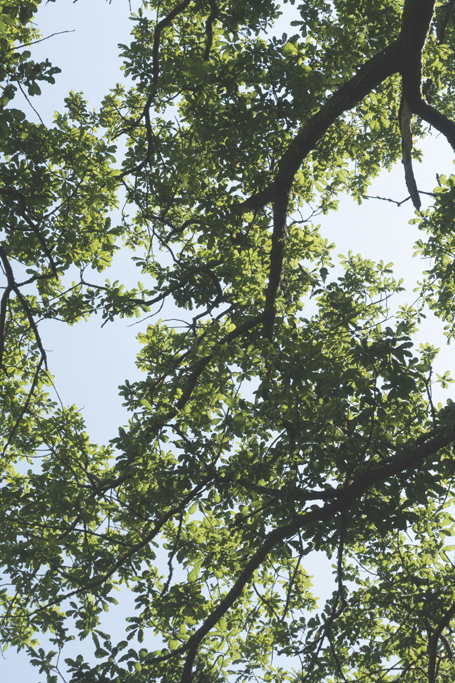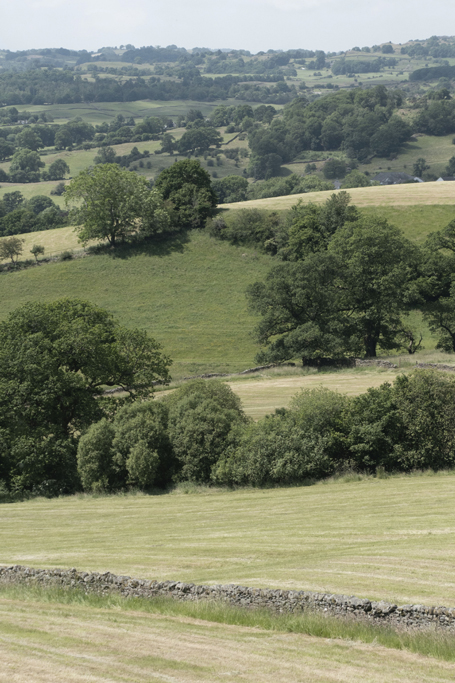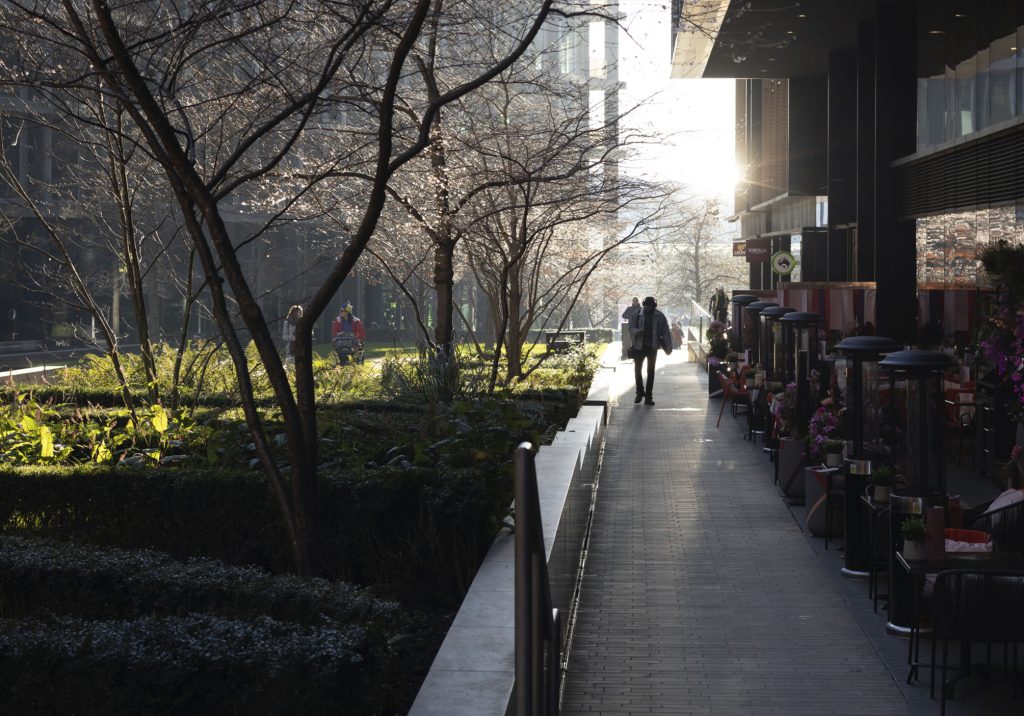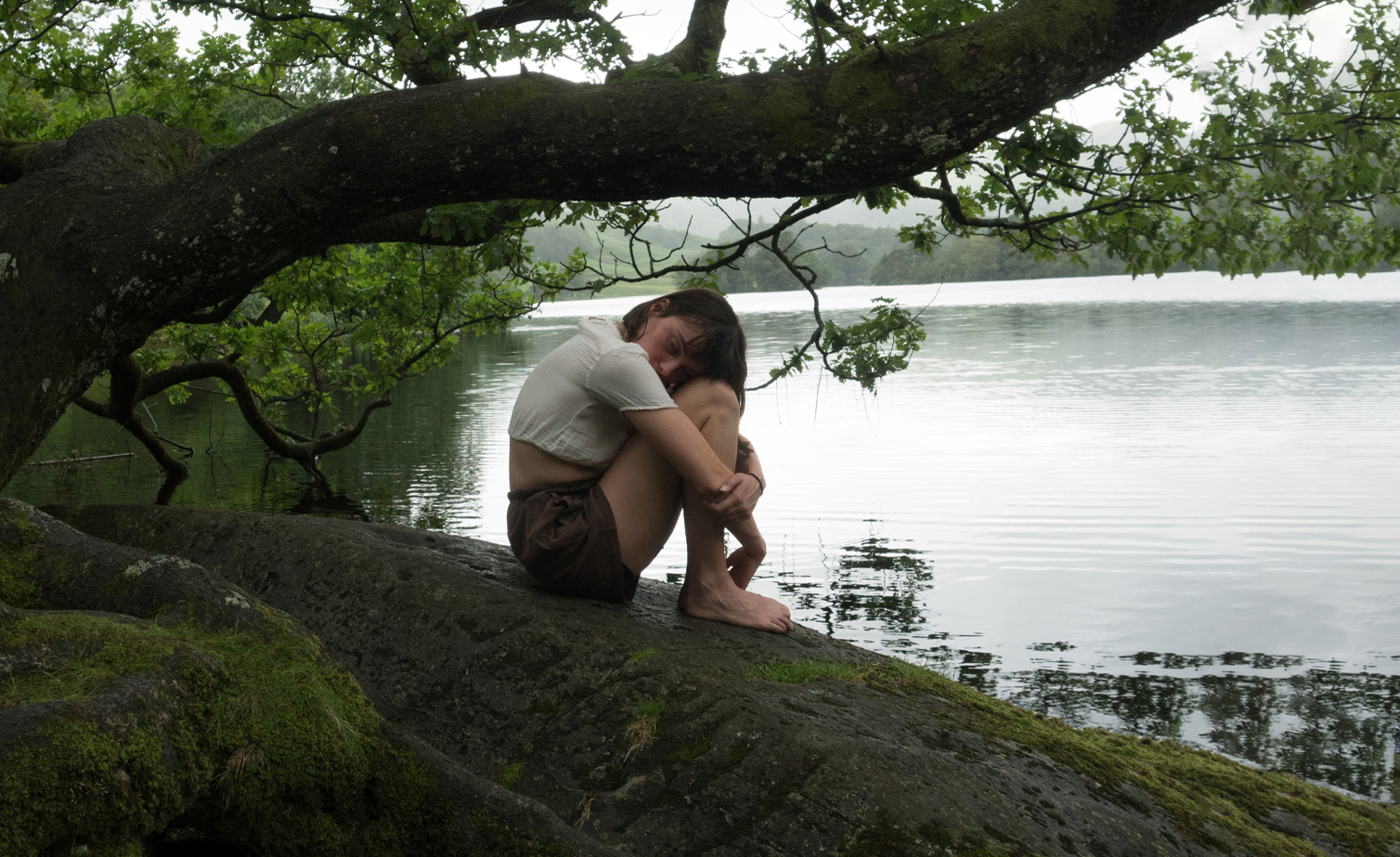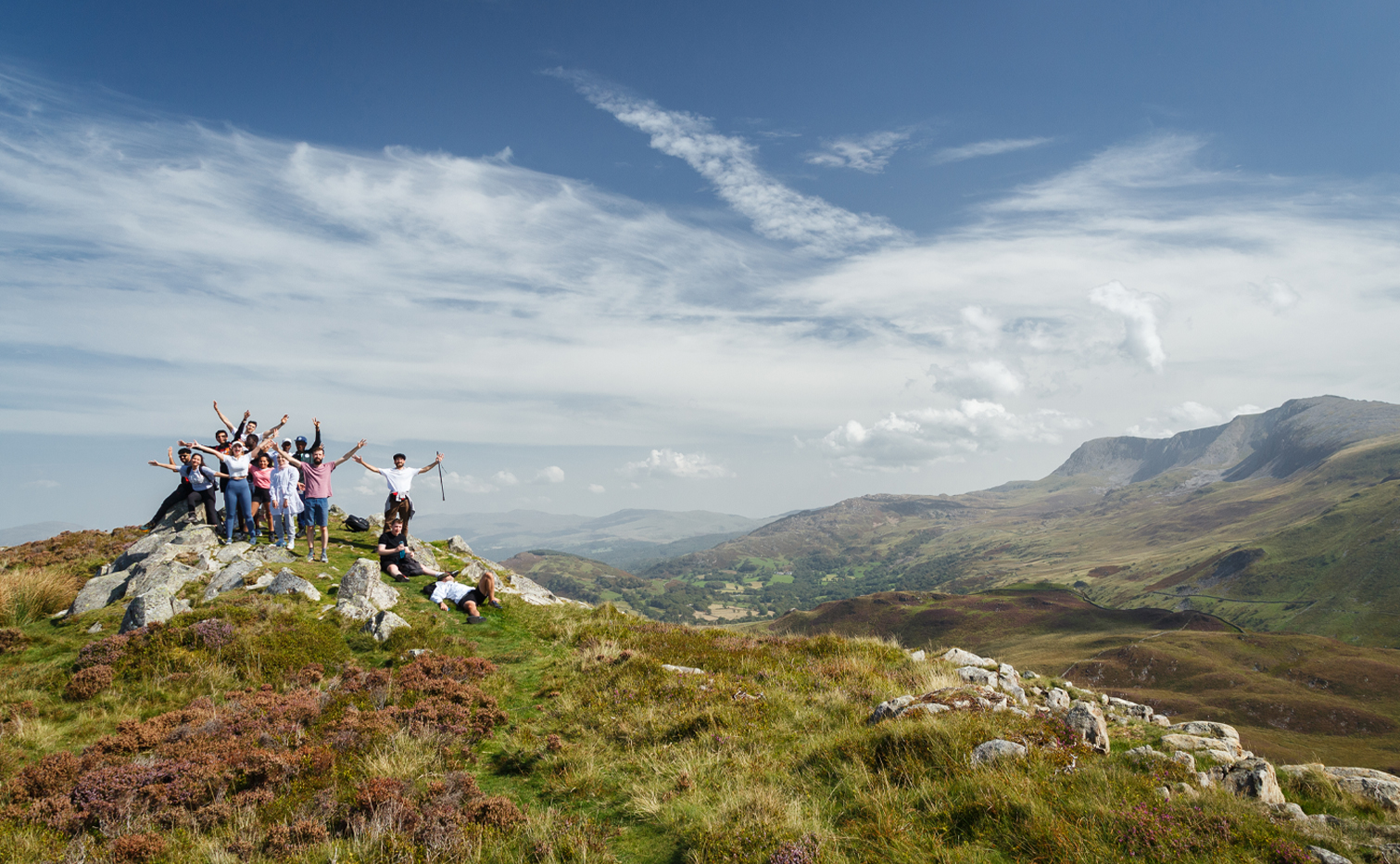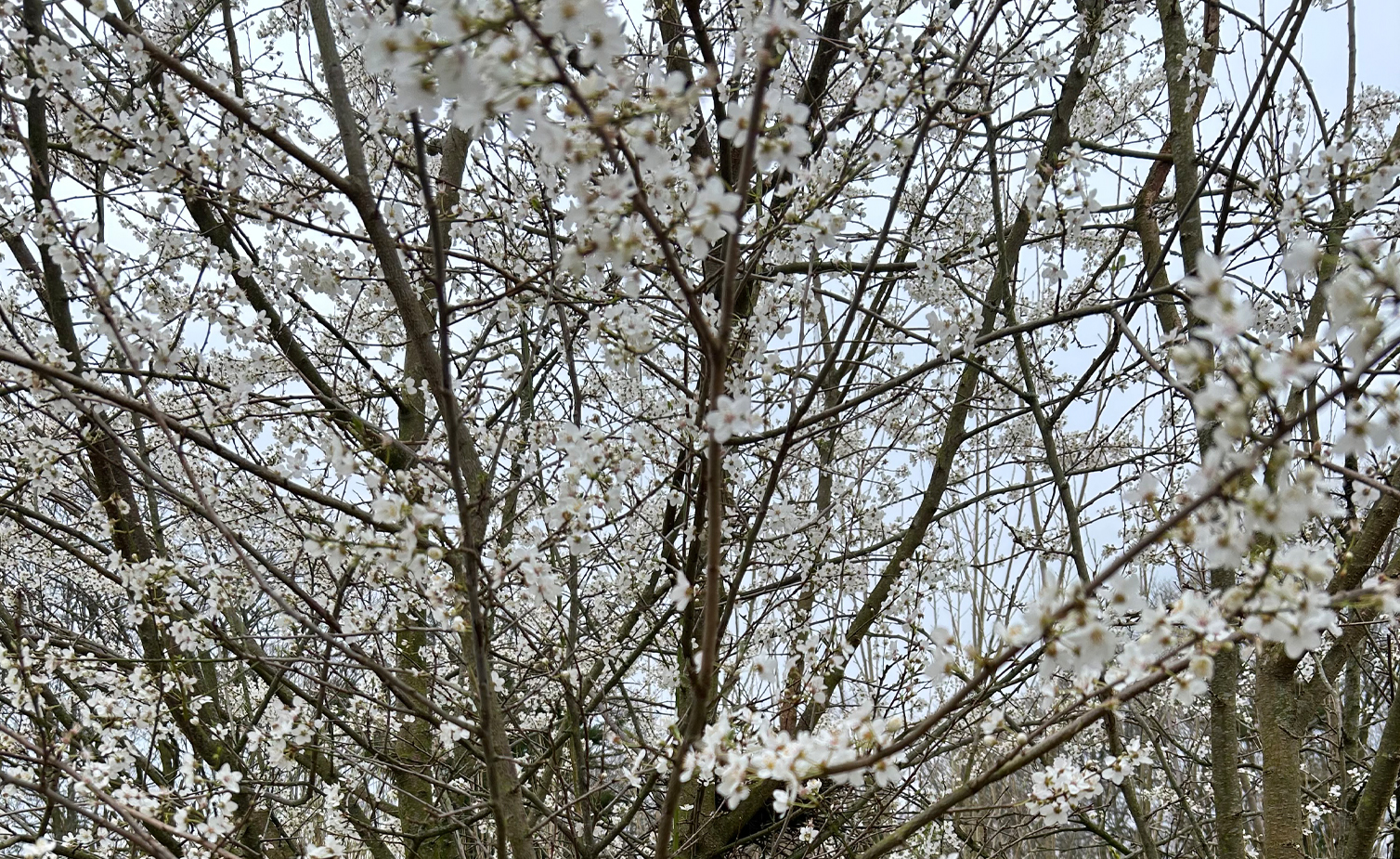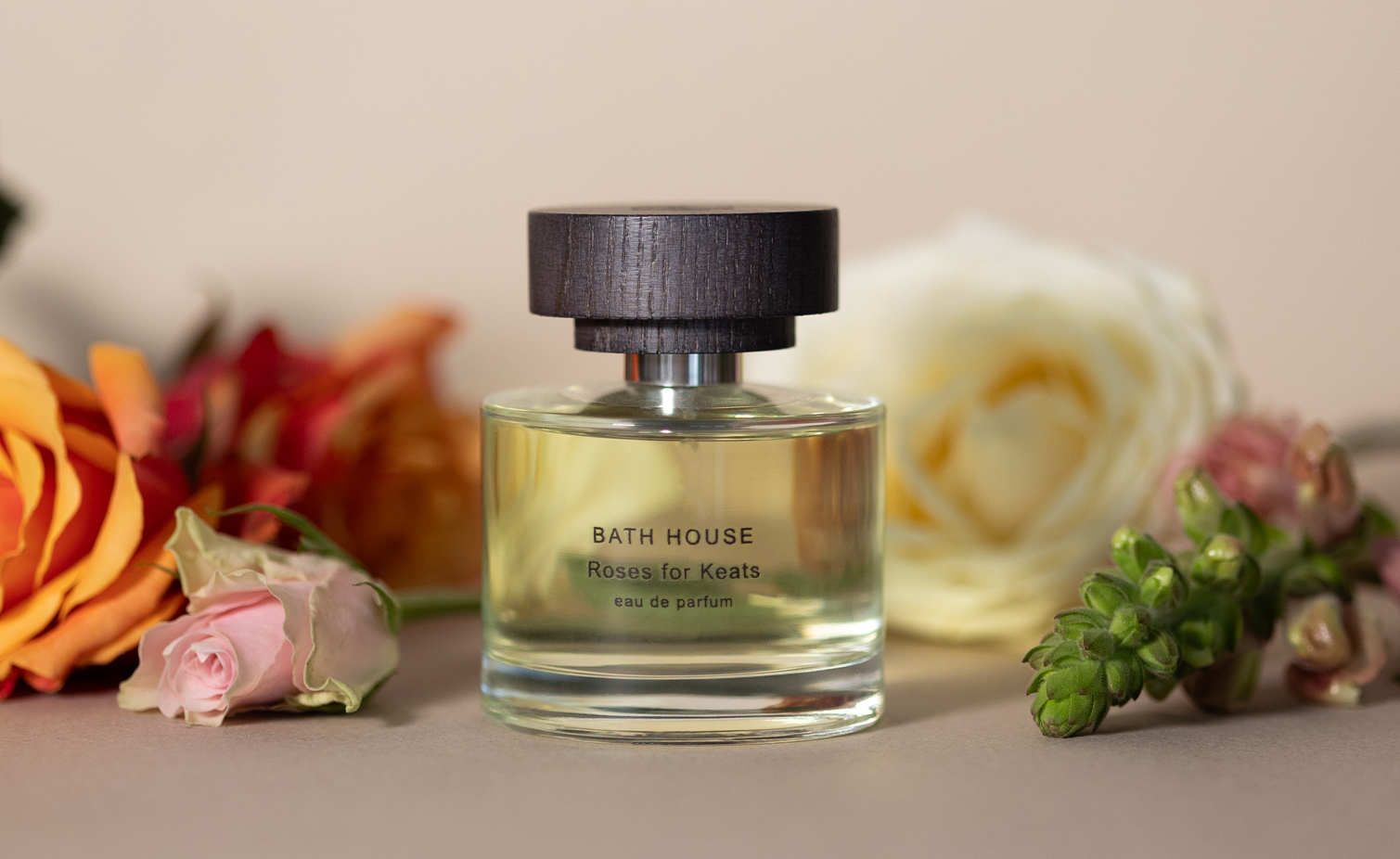Our attention is constantly being fought for.
From social media and advertising; to TV and the demands of home life, the competition to win our attention has become intense. This in turn has led to our bodies and minds becoming disconnected and fragmented as we constantly divide our attention.
Even doing simple, habitual activities such as walking, we find ourselves slipping into autopilot. We become lost in thought, analysing past experiences or planning for the future rather than experiencing the present day around us.
Having previously lived in the city, my walks often consisted of a daily commute or a stroll around the park. But I was always distracted. Plugged into my headphones, buried in the latest podcast or on the phone to friends. I was distracted from my current world and thoughts.
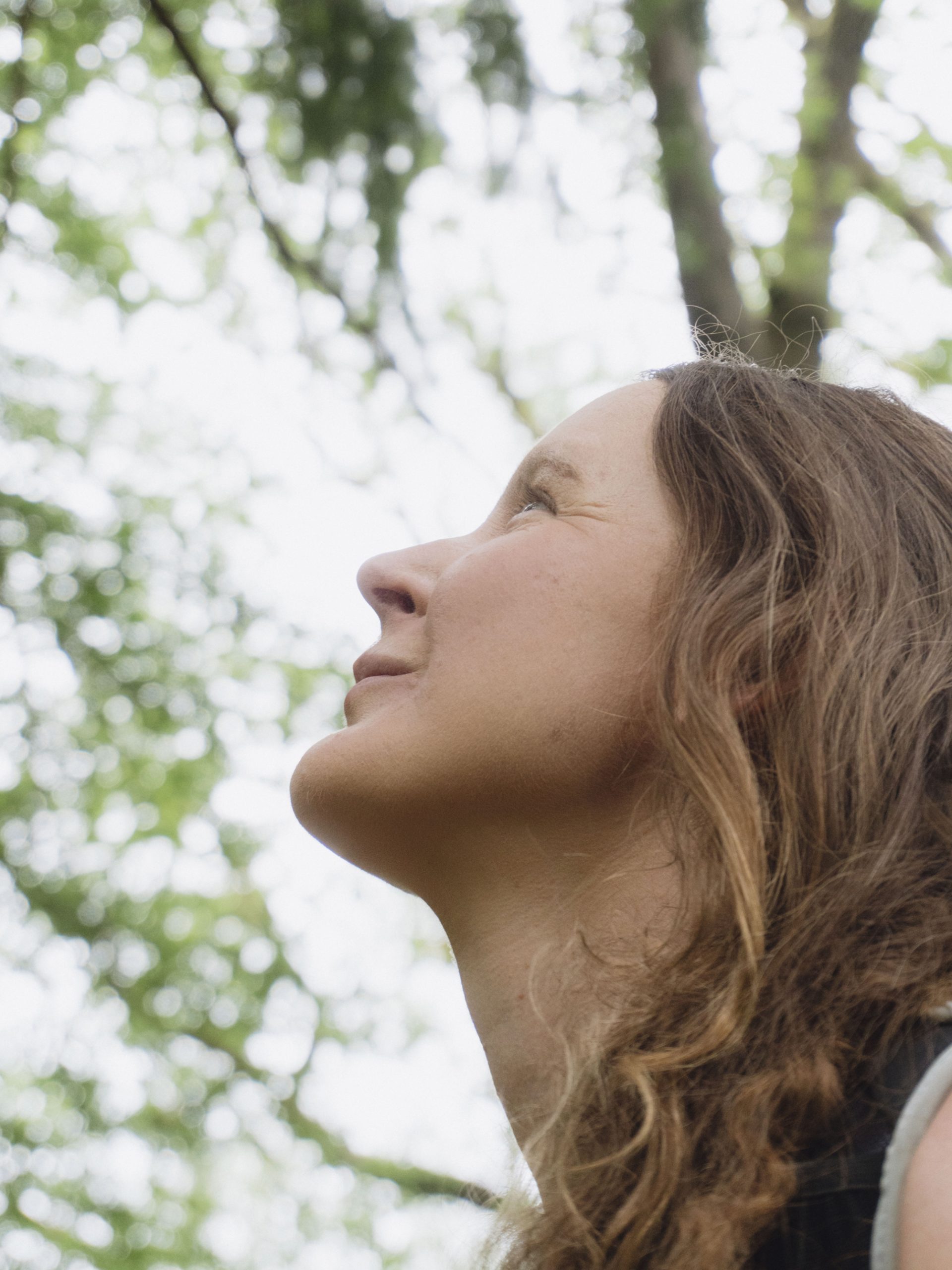
After moving to the Lake District, I came across the activity of mindful walking and began to ditch the headphones and tune in more closely to the world around me. Mindful walking helps you become more consciously aware of both your surroundings and how your body moves. The practice naturally places your mind in the present moment rather than the meandering river that is our mind, constantly rippling with thoughts.
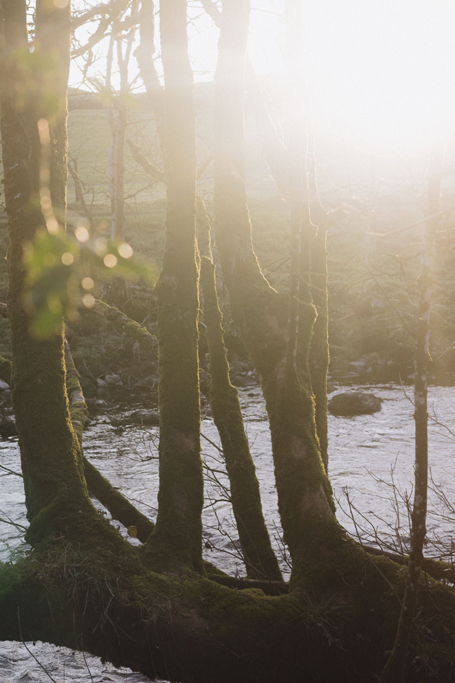
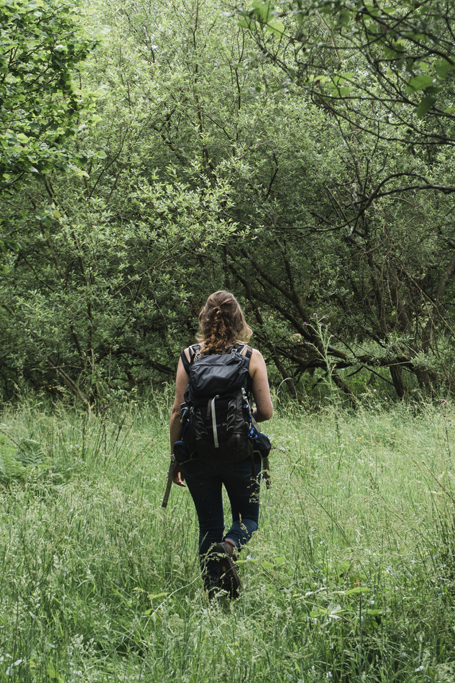
Rather than leaping straight into a walk, I began to take the time to check in with my body. I noticed how I felt both physically and emotionally. I took a moment to notice my breath, its speed and the rhythm. This immediately began to focus my mind away from the everyday chatter about the house jobs that needed doing and gently centred me into my immediate surroundings.
Next, I’d use each of my senses to gain a deeper appreciation of my environment – noticing the way the light carved a deep, silhouetted line of the mountains at dusk like an artist’s first mark on a canvas; the gentle song of a wood pigeon sat high up in the trees and the refreshing smell of the air on dusty soil after the first rain in days on a hot summer’s night.
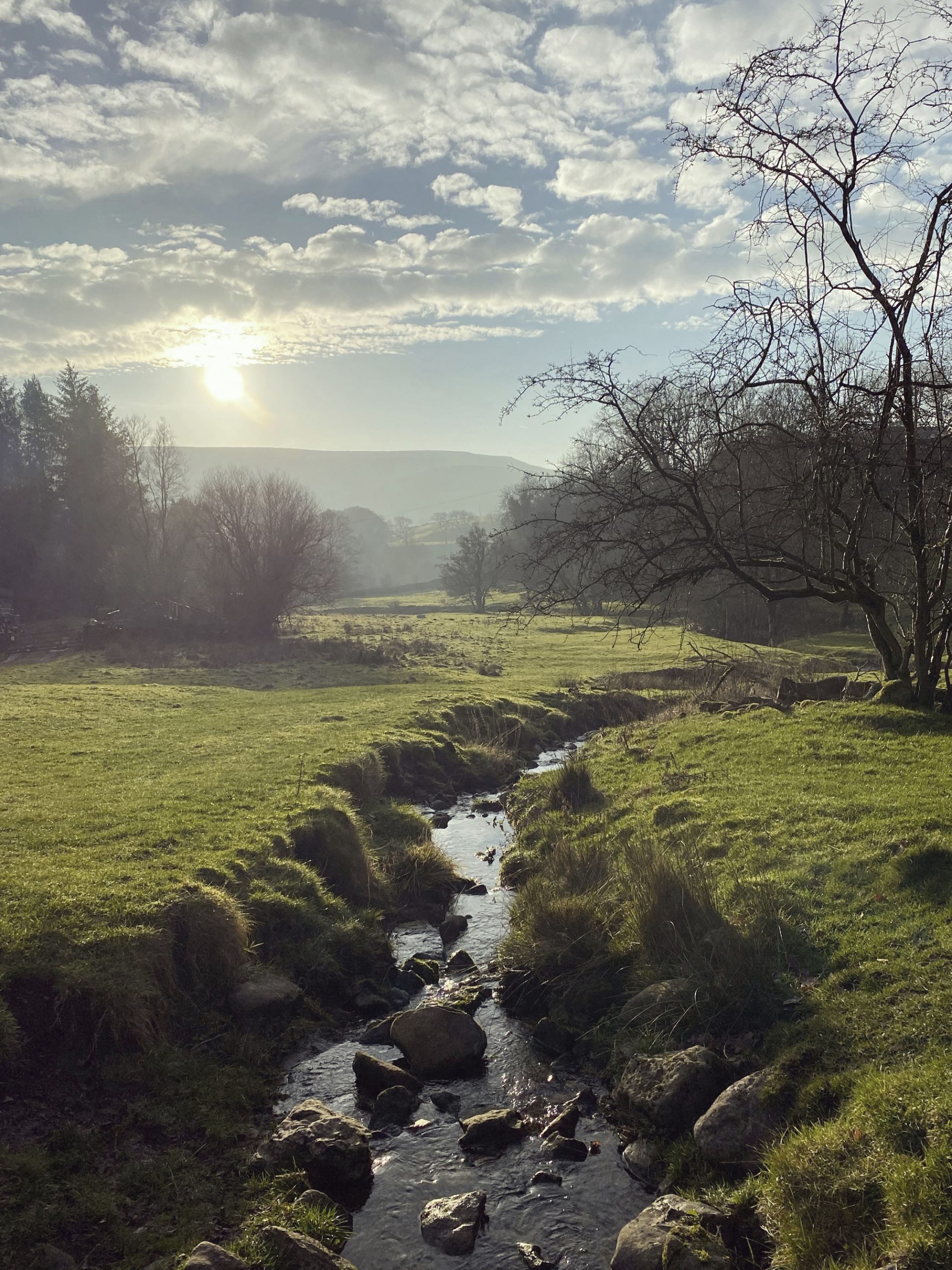
During lockdown, these walks became limited to the same places day after day and in turn, I also became increasingly aware of the subtle details as the seasons changed.
From the precise days on which the leaves began to burst from their buds; to the arrival of new lambs hopping in the field and watching the blossoms fall like confetti as we moved into summer.
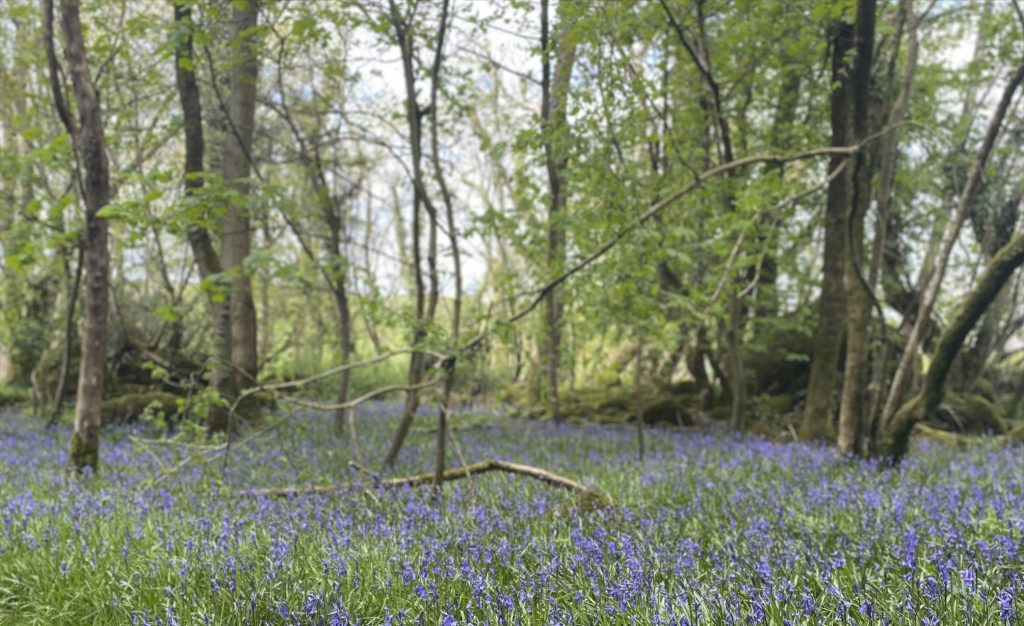
The practise of mindfulness has been shown to lower blood pressure, improve sleep and overall mood and enable us to spot symptoms of stress and anxiety earlier than we would when living life on autopilot.
After each of my walks which range from five minute strolls down the road for fresh air to longer hikes in the hills, I always notice a sense of clarity and ease in my mind. Allowing space for my mind to be free also helps creativity in my writing and a sense of calm and compassion I can bring to the relationships around me.
